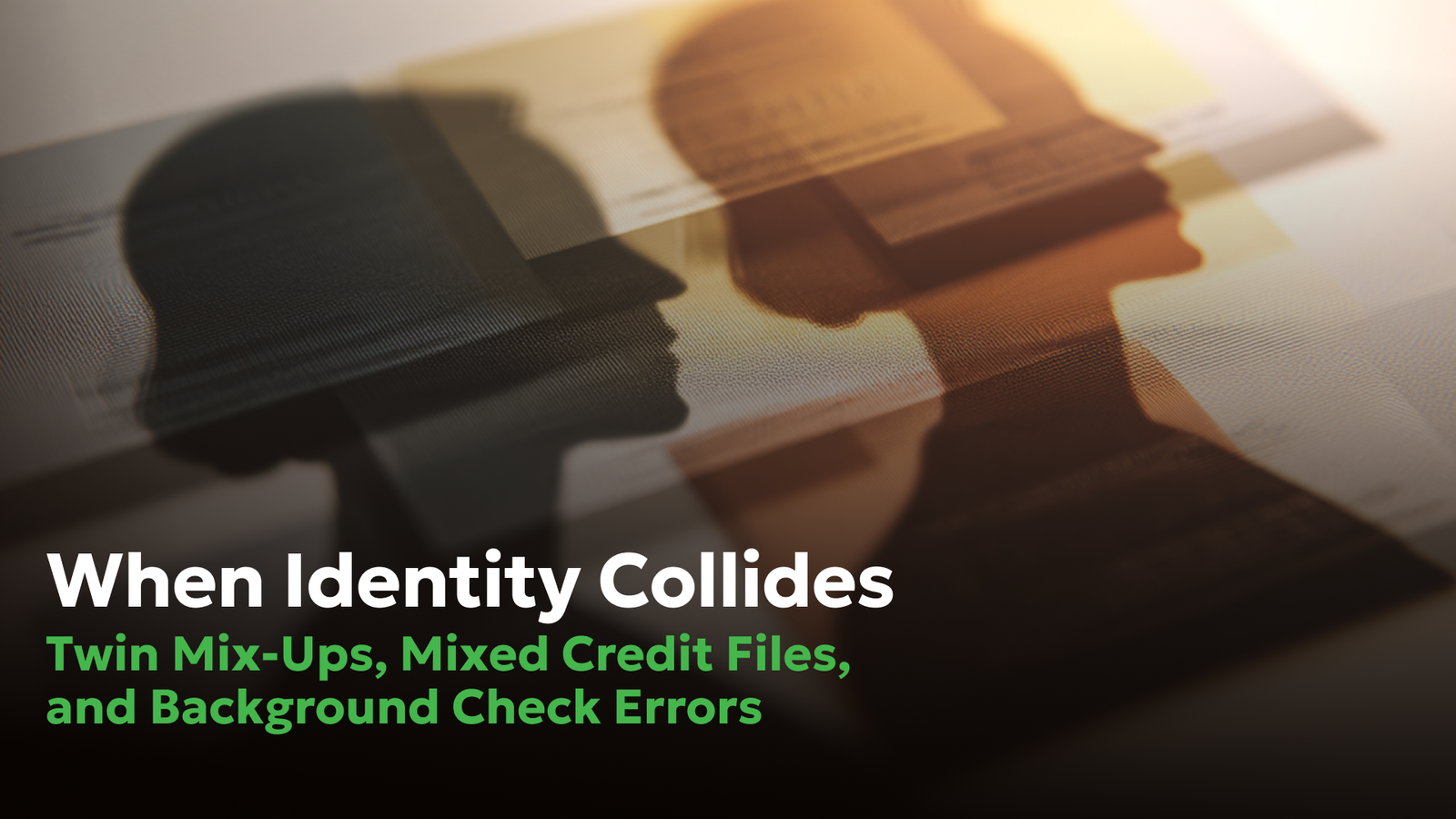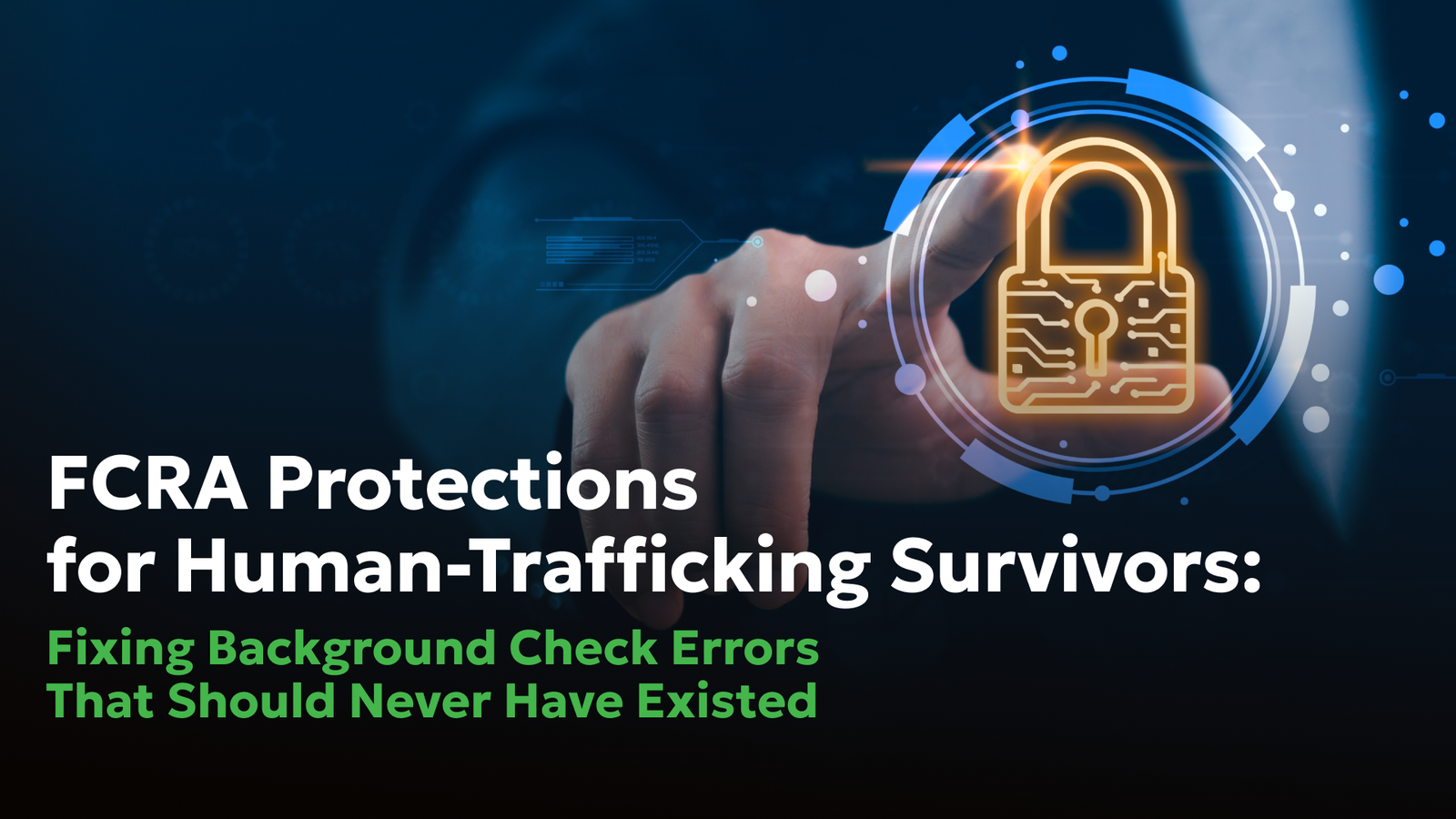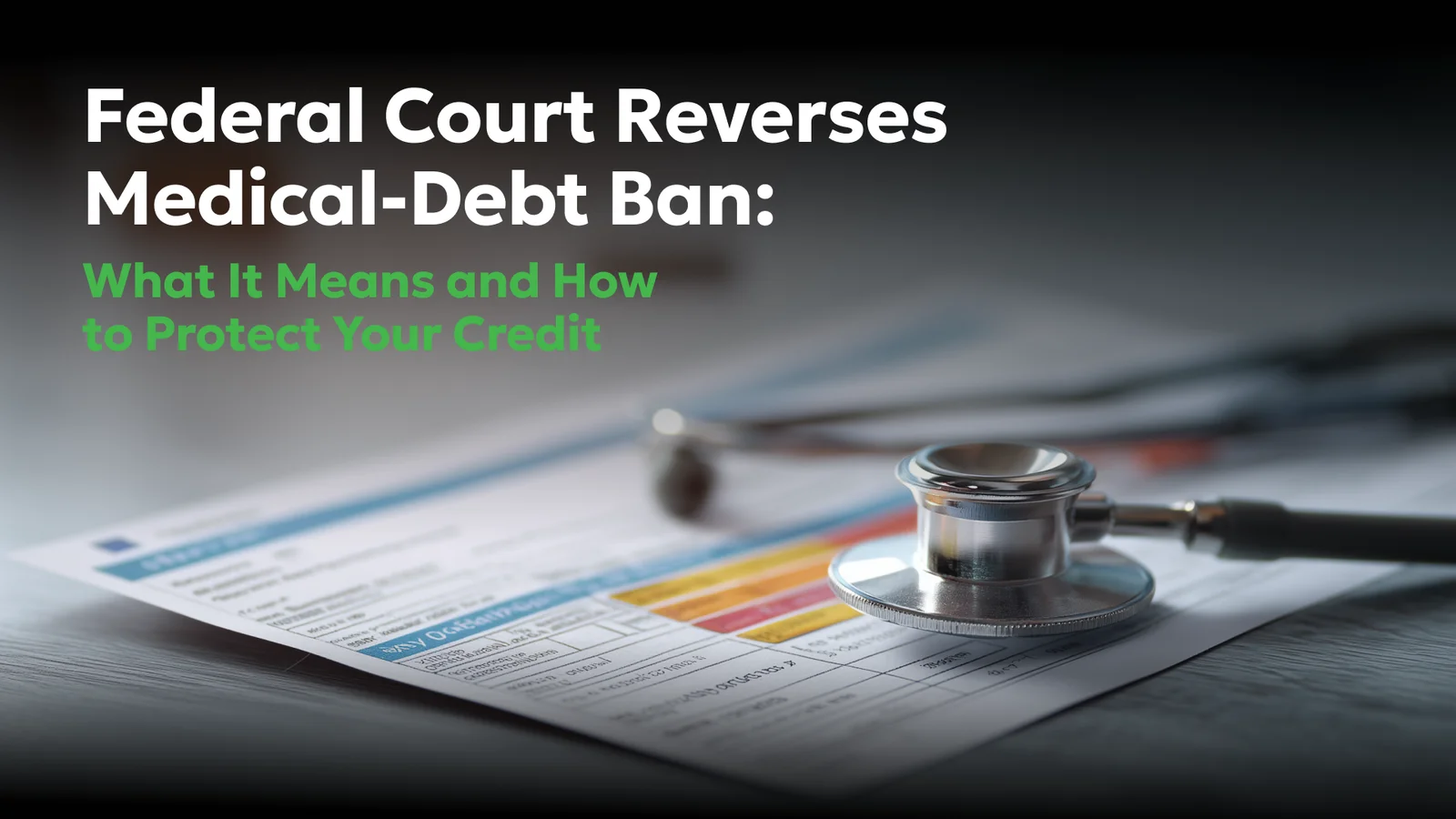Experian Credit Report Dispute Process: Comprehensive Guide
- Blog
- Credit Reporting Inaccuracies
Experian Credit Report Dispute Process: Comprehensive Guide

How to file a dispute with Experian and get a reliable solution for your credit reporting issue with professional legal guidance.
In the United States, Experian is recognized as the largest of the three major credit bureaus, tasked with managing and maintaining the credit information of more than 220 million consumers, according to Chase Bank. Experian typically gathers consumer credit information directly from banks and combines it into credit reports. However, due to the large volume of data being processed and transmitted, consumers may sometimes suffer from credit reporting errors.
Sometimes, banks may fail to report payment and account status information accurately due to system glitches, human errors, or misunderstandings. In other instances, mistakes can arise directly from Experian, such as when a consumer’s information gets mixed up in their databases or when they misinterpret the data received from the bank.
If you notice a mistake on your Experian credit report, such as a late payment that never occurred or an account that doesn’t belong to you, it’s important to understand the source of the error. However, regardless of where the mistake originated, the dispute should be addressed directly to Experian, as they are the ones reporting inaccurate information about you.
Experian Dispute Process and Legal Options
Under the Fair Credit Reporting Act, consumers have the right to dispute errors on their credit reports. If the dispute is not adequately resolved, the consumer may file a federal lawsuit against the credit reporting agency that failed to properly investigate the mistake.
When Should You File a Dispute with Experian?
Any inaccuracy on your Experian credit report can be disputed, but not all the mistakes require a dispute in order to take legal action against Experian and get monetary compensation. Here are some of the situations when consumers can take a shortcut and sue Experian immediately without filing disputes:
- Experian mixed your information with someone else’s and this led to financial damage, such as credit denials or higher interest rates.
- Experian reported an erroneous 'deceased' notation on your credit report, leading to credit denials or account closures.
- Experian inaccurately reported publicly available information about you, such as bankruptcy records.
While you can still dispute these errors, these scenarios may not require a formal dispute with Experian in order to file a lawsuit under 15 USC 1681e(b). You can seek monetary compensation from Experian for any financial and emotional damages you’ve suffered. Additionally, at the resolution of your case, Experian will be required to provide you with a corrected and updated version of your credit report.
How to File a Dispute with Experian?
While there are instances where Experian errors allow consumers to take immediate legal action, filing a dispute is often the first step. Legal action is typically only possible if Experian fails to address the dispute and correct the consumer’s credit report mistakes.
Consumer Attorneys can assist you in preparing a dispute statement and gathering the necessary evidence to support your claim. Our team of experienced Fair Credit Reporting Act attorneys specializes in credit report disputes and will handle as much of the process as possible for you. However, the consumer is ultimately the one who signs the dispute letter and initiates the dispute.
Experian Credit Report – Which items are worth disputing?
Incorrect Personal Information: Errors in your name, address, date of birth, or Social Security number. Wrong personal details can indicate a mixed credit file, which may cause issues when verifying your identity or applying for credit.
Wrong Account Information: Accounts that don’t belong to you, incorrect balances, or accounts showing inaccurate late payments or charge-offs. These wrong, derogatory remarks can severely impact your creditworthiness. If there is a fraudulent account on your report, it may require a more complicated dispute process to get the fraudulent item removed.
Unrecognized Hard Inquiries: Hard inquiries occur when a lender or company checks your credit report as part of an application for credit. If you notice unrecognized hard inquiries on your report, it could be a sign of identity theft or a credit reporting error. These types of inquiries can harm your credit score, so it’s crucial to dispute them promptly.
Soft Inquiries: These occur when a company checks your credit report for reasons other than lending decisions (e.g., when you're pre-approved for offers or when you check your own credit). Soft inquiries do not affect your credit score, so there is no practical reason to dispute them.
Achieve a satisfying outcome for your Experian dispute with the help of Consumer Attorneys!
Experian is a huge company, and frankly, they don’t care about your disputes. At Consumer Attorneys, we often see how consumer disputes are ignored or mishandled - sometimes Experian doesn’t even open the dispute letters. Everyone’s tired of Experian’s automated algorithms, mandatory arbitration clauses, and negligence. Even in rare cases when the mistake on the Experian report gets fixed - no compensation is provided to the consumer.
- At Consumer Attorneys, we understand the frustration of dealing with credit reporting errors. While companies like Experian may push you through automated systems or ignore your concerns, we take a personalized approach to make sure your rights are protected. We don’t rely on algorithms or generic responses - we fight for you.
- When you contact us, we provide more than just advice; we offer a dedicated team of experienced attorneys who specialize in credit report disputes. Whether you’re dealing with inaccuracies, fraudulent accounts, or wrongful deceased notations, we’re here to help you correct the mistakes that can harm your financial future.
- We guide you through the dispute process with clarity, ensuring that every step is done properly. If the credit bureaus or furnishers fail to take action, we’ll go further - we’ll pursue legal action to hold them accountable, and fight for the compensation you deserve.
Don’t waste time navigating the complex, frustrating dispute systems alone. Let Consumer Attorneys take the lead in resolving your issues, getting your credit back on track, and restoring your peace of mind.
Contact us today and see how we make a difference in protecting your financial future!
Frequently Asked Questions
Yes, in certain cases, you can sue Experian without filing a dispute. If Experian has made a serious error, such as mixing your information with someone else’s or reporting a "deceased" status, and you can show that the error caused financial harm, you may be able to file lawsuit against Experian under the Fair Credit Reporting Act. However, in most cases, it’s recommended to file a dispute first, as the FCRA requires credit reporting agencies to investigate and correct inaccuracies. If they fail to resolve the issue, legal action may become necessary.
If Experian fails to address your dispute properly, you may be entitled to compensation under the Fair Credit Reporting Act (FCRA). You can seek actual damages for financial losses or emotional distress caused by the error. Additionally, you may be eligible for statutory damages (up to $1,000 per violation) and punitive damages if Experian’s actions were willful or negligent. You may also be able to recover attorney’s fees and court costs if your case is successful.
Yes, you should dispute incorrect personal information on your Experian report. Any errors, such as wrong names, addresses, dates of birth, or Social Security numbers, can cause significant issues, including being mixed up with someone else’s credit file. These errors can lead to denial of credit, housing, or employment opportunities. It’s important to ensure your personal details are accurate, as they form the foundation of your credit report. Disputing these errors promptly can help prevent future complications.
No, you cannot dispute something on credit report that is not reported by Experian. Experian will only verify and investigate items that are already included in your report. In this case, you may need to contact the creditor or financial institution directly to ensure that they are reporting the account to Experian.
If Experian ignores your dispute or mishandles the process, you have legal options. You can take legal action under the FCRA. Consumer Attorneys can help you pursue compensation for financial harm or emotional distress and ensure that Experian updates your credit report properly.


Daniel Cohen is the Founder of Consumer Attorneys. Daniel manages the firm’s branding, marketing, client intake and business development efforts. Since 2017, he is a member of the National Association of Consumer Advocates and the National Consumer Law Center. Mr. Cohen is a nationally-recognized practitioner of consumer protection law. He has a we... Read more
Related Articles




R
ONGS™You pay nothing. The law makes them pay.







